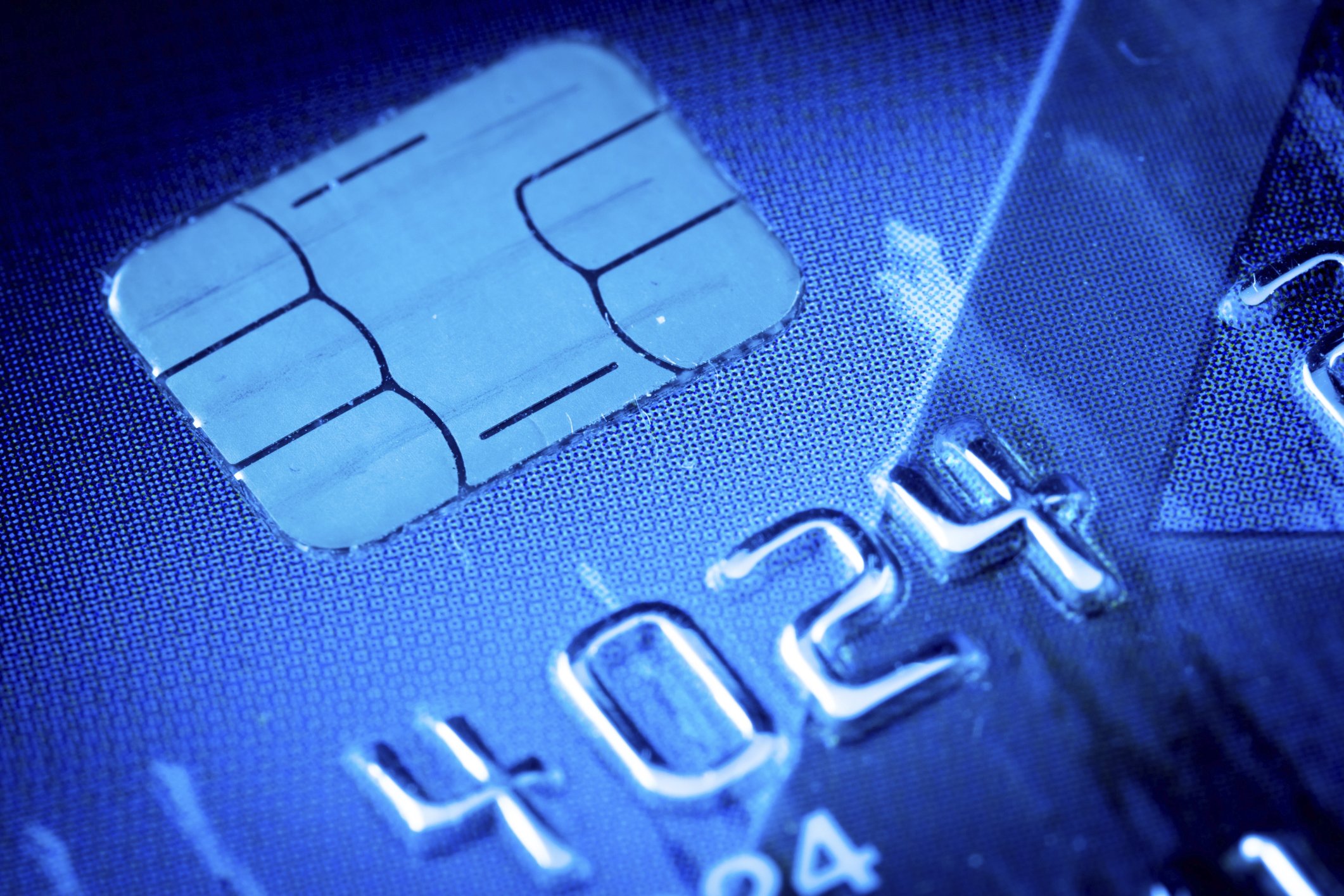
Americans are racking up credit card debt like it’s 2008.
That’s according to The Wall Street Journal, which reports U.S. credit card balances are on pace to reach $1 trillion this year, as consumers grow more comfortable with carrying debt and banks continue to push their plastic. The sum is just shy of the all-time peak of $1.02 trillion set in July 2008, just before the financial crisis set in.
The Journal cites a steady economy and lenders signing up “millions of subprime consumers” who previously couldn’t get credit as two of the main factors driving this debt. Meanwhile, card issuers are trying to cash in on the optimism by handing out more credit cards and beefing up perks.
America’s Dance With Debt
Consumers aren’t just relying on credit cards to finance their lifestyles, as auto loan debt in the U.S. passed the trillion-dollar mark this year.
But the party might not last for long, as anyone who’s been in debt can tell you. Carrying a high levels of debt, on credit cards or otherwise, can raise your utilization percentage — that is, your total credit card(s) balance(s) divided by your total credit limit, or the maximum amount you can spend on each card — which is one of the main ways your credit score is calculated. And that can make it tougher to secure new lines of credit, which could eventually push you toward high-risk, high-cost loans.
Paying Down Credit Card Balances
If your credit card debt is spiraling out of control, it isn’t too late to address it. (You can calculate the lifetime cost of your current debts here.) Review your budget and create a plan to get any burgeoning balances down. Prioritize payments — most people do so by either paying the balance with the highest interest rate or their smallest balance down first. You could also consider a balance transfer credit card or debt consolidation loan to pay any high-interest credit card debts you are carrying. (You can learn more about the best balance-transfer credit cards in America here.)
And, as you pay down your debt, it’s a good idea to get in the habit of regularly checking your credit scores, which will show how your work’s paying off. You can view your scores, updated monthly, for free on Credit.com.
This article originally appeared on Credit.com and was written by Jill Krasny.










